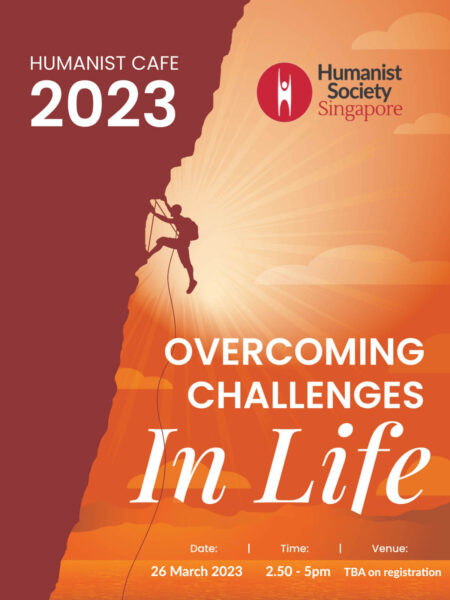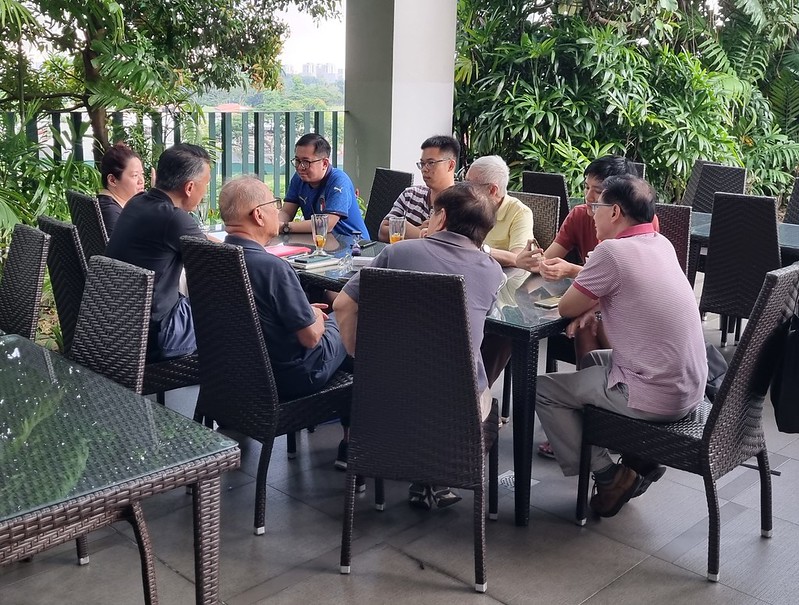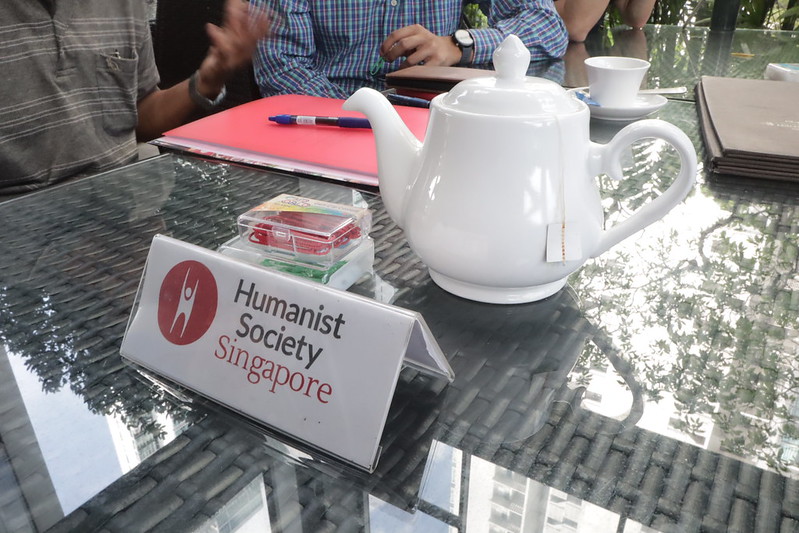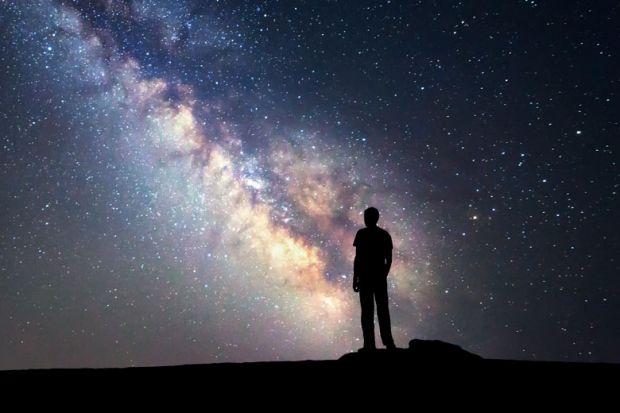
The non-religious are sometimes asked, without God and religion, where does one get the motivation to overcome the hardest moments in life? Through Humanist Cafe discussions, we sought to find out more.
On 26 March 2023, the Humanist Society held a Humanist Cafe discussion for the theme “Overcoming challenges in life”. Over two hours, the answers that emerge are:
- having social and emotional support systems
- maintaining both mental and physical well-being, so that at least the physical well-being can help support mental recovery
- seeing each crisis as an opportunity for personal growth
- self-reflection, rationalization and compartmentalization
- finding solace in non-religious sources of comfort

Stories shared by participants
The following are some stories shared by participants. Names are not included for privacy reasons.
One participant experienced psychological trauma due to a traffic accident and had to rely on her own mental strength to overcome it. When religion did not provide the comfort she wanted, she found comfort in social and emotional support from loved ones. She relied on the human spirit, and what kept her going was these words.
“I am grateful for the love that surrounds me”
“I hope that I can have the strength to overcome this”
“Only you yourself can get out of this hole”
Another participant faced the challenges of a failed business partnership, resulting in financial loss and strained relationships. He coped by seeking support from family, acknowledging imperfections, and reading self-help material. He emphasized to himself:
“There are always paths to move forward.”
Another participant expressed envy towards religious friends who had strong support networks. As a non-religious individual, he believed that humanists could learn from religious communities in dealing with hardships. In times of difficulty, he tells himself:
“Don’t cling onto regrets”
However, religious communities are not necessarily the best place to seek comfort, especially for those who no longer believe in the religion.
For example, one participant struggled with leaving a Christian community and dealing with the conditioning / guilt imposed by family members. When he tried to leave, he was warned by the church: “If you leave, you will never be a born-again Protestant.” He was also hurt by words from his parents, such as “even if you become a better person, it is because of God, and not because of us.” After he became an atheist, for the first few years, he still had nightmares of hell, and the fear was visceral.
To people and family members who cannot accept him leaving the faith, he told himself:
“Stand my ground, as long as it is reasonable.”
Another participant had a similar experience. After her family underwent religious conversions, things got so bad that she felt like an outsider in her home country. She coped by finding comfort in alternative sources such as reading, traveling, and embracing her own uniqueness.

| Do you know? A similar Cafe was held last year to discuss this theme. The main strategies employed by non-religious Cafe participants were: 1. Reminding oneself that things will keep changing 2. Celebrate perseverance and progress. 3. Practice self-compassion |
Other ways to cope
For some participants who did not encounter severe challenges in life, they offered the following advice to the other participants.
1. You can practice gratitude, telling yourself:
“I’m already quite blessed compared to other people. Maybe things are not that bad? Maybe things are only bad in my own ego?”
2. You can take ownership of your actions. Everyone is imperfect in some ways. By taking ownership of yourself, you will find it easier to grow as a person.
“Whatever happens, you have some role to play in this world.”
“What is that one thing I can improve on?”
Remind yourself that”
“We are stardust”
In doing so, we recognize that insignificance of individuals in the grand scheme of the universe. From a young age, we form egos and think we are the center of the universe. As a child, a lot of things are done for you, just for you. But as an adult, when you understand and remember that “you are stardust”, you can start redefining yourself and your place in the universe.

| About Humanist Cafe Humanist Cafe is a monthly gathering aimed at providing peer support for the non-religious at multiple stages of life. Guided by facilitators, participants can share their life experience along one of six themes (as of 2023) marking life’s milestones. At the Cafe, you are able to give and draw support from fellow participants in the process. |




